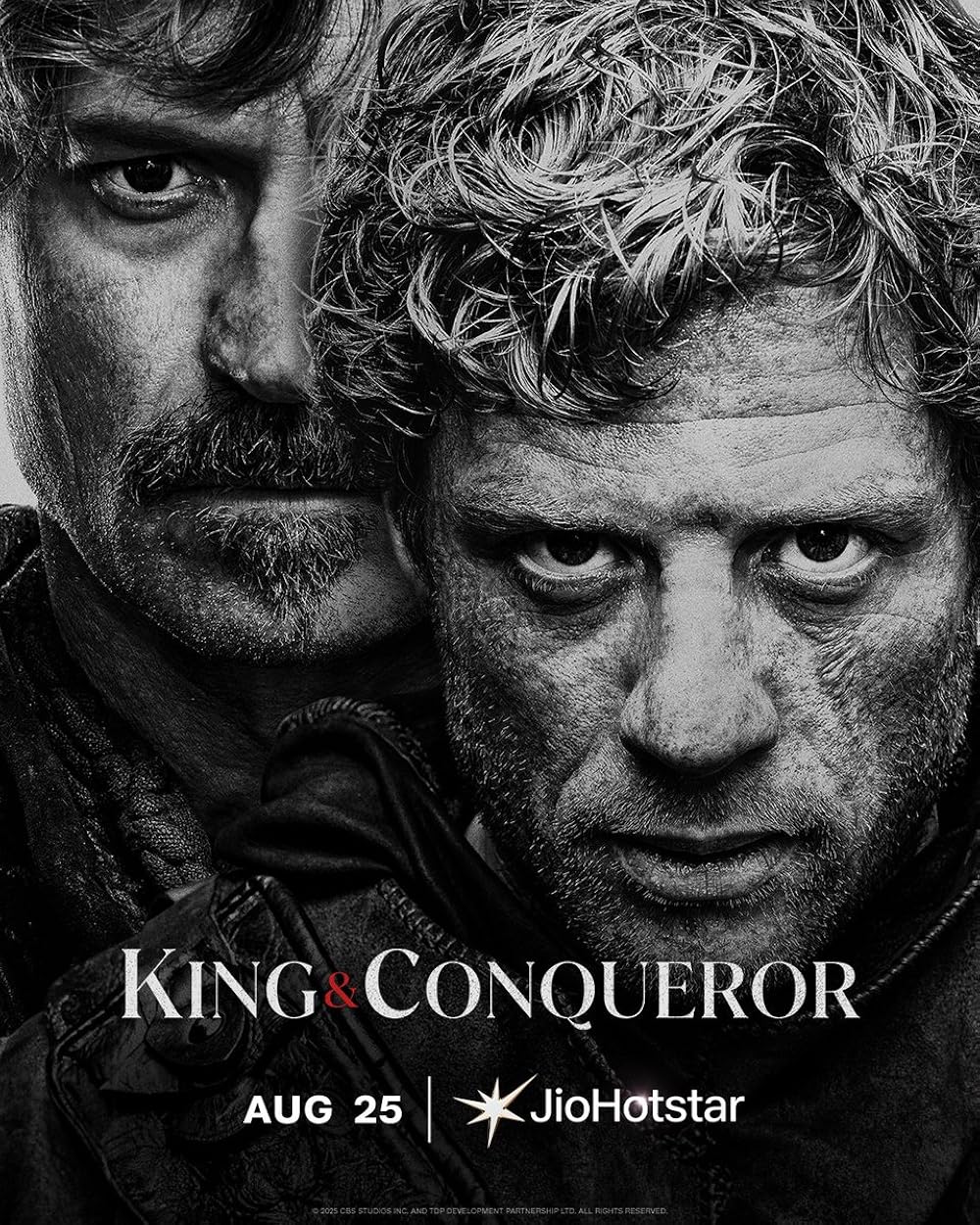
Introduction
The term ‘king and conqueror’ evokes images of power, authority, and the profound impact leaders have had on shaping civilisations. Historical figures like Alexander the Great, Genghis Khan, and more recently, monarchs across Europe, have left indelible marks on their territories and the world at large. Understanding their legacies provides insight into contemporary governance, military strategy, and cultural evolution.
The Role of Kings
Kings have traditionally been seen as sovereign rulers endowed with the divine right to lead their people. They established the foundations of modern states and often played pivotal roles in wars that expanded their realms. For instance, Henry V of England is remembered for his military prowess during the Hundred Years’ War, which helped solidify England’s status as a formidable nation.
Conquerors and Their Strategies
Conquerors, meanwhile, are often defined by their relentless ambitions and military strategies. Genghis Khan, whose empire became one of the largest in history, exemplifies this striving for expansion. His innovative tactics, combined with ruthless execution, allowed him to unite a vast array of tribes under Mongolian rule, fundamentally changing trade routes and cultural exchanges across Eurasia.
Impact on Society and Culture
Moreover, kings and conquerors have significantly influenced societal structures and cultural narratives. The establishment of feudalism in medieval Europe was a direct result of kings distributing land to loyal nobles in exchange for service and loyalty, which shaped governance for centuries. Similarly, conquerors often imposed their cultures on the lands they subdued, leading to a blend of traditions that characterise many modern societies.
Modern Implications
Today, the legacies of kings and conquerors are evident in our political systems, cultural identities, and even in military doctrines. The study of their histories allows contemporary leaders to understand the consequences of power and conquest, fostering a more nuanced approach to leadership and diplomacy. Furthermore, as globalisation continues to shape our world, the lessons from these historical figures underscore the importance of unity and cooperation over division and war.
Conclusion
The study of kings and conquerors is not merely a historical exercise; it reveals the complexities of power and its enduring consequences. By examining their strategies, successes, and failures, we gain valuable insights into today’s political landscape and the behaviour of those who hold power. As we reflect on their legacies, we are reminded that the actions of a few powerful individuals can profoundly influence the course of human history and society.
You may also like

Unveiling the Send Help Movie: A Gripping Thriller

Understanding the Current Situation in Chechnya
